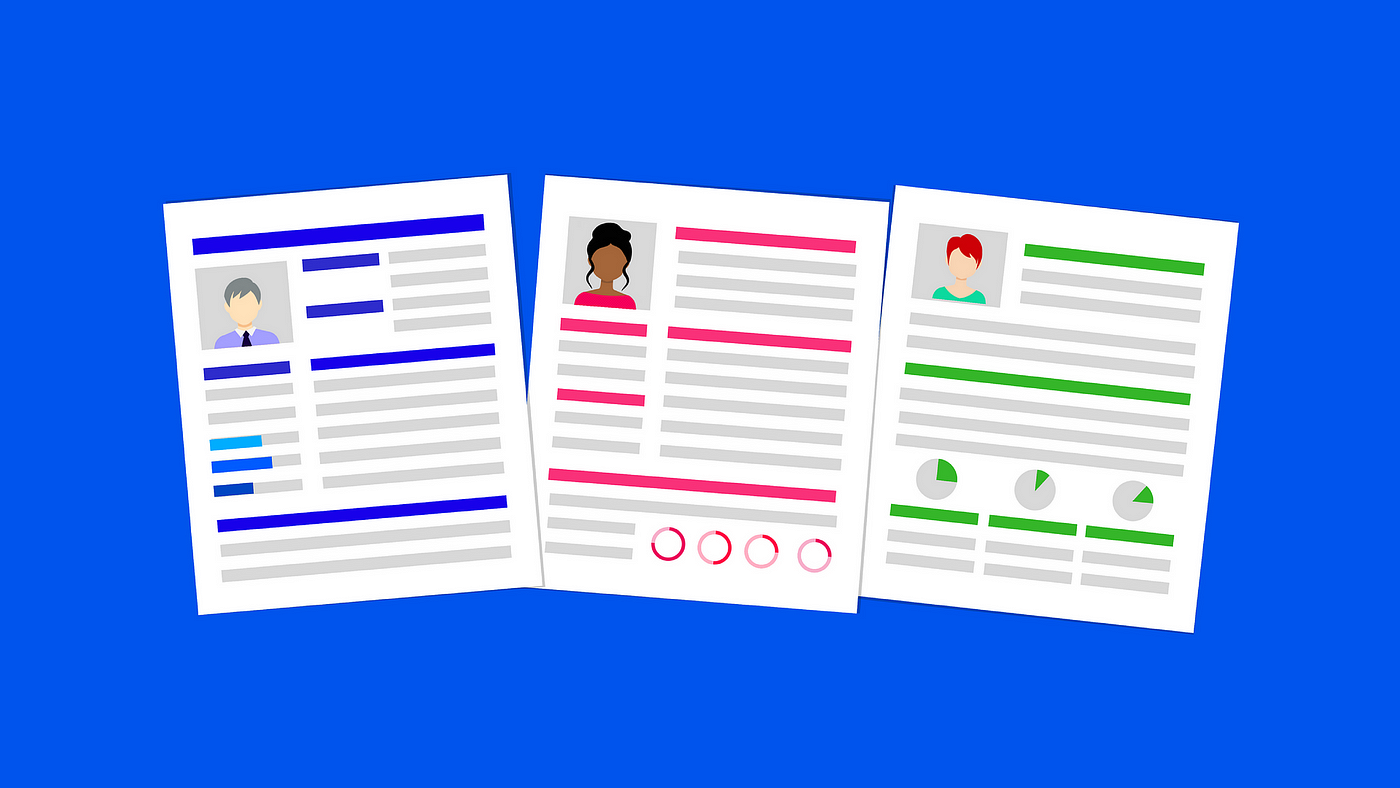
Did you think that your struggle with writing projects has ended along with the completion of your studies? Well! Sorry to disappoint you but writing is something that is going to stay with you for the rest of your life. This writing can resume writing or writing professional documents. The good thing about academic writing is that you could get coursework help from professional writers but when it comes to professional life you will have to rely on your own skills.
There are professional writers who provide resume writing assistance as well along with Assignment writing service but it is good to learn the writing skill because it is something that is going to stay with you for always. This post is intended to specifically teach the ways of writing resume writing, its purpose, its type, and everything about it to the students who are about to step into their professional lives.
What is Resume Writing and its Purpose?
A resume is a document that is meant to show an individual’s career background, qualifications, and skills that he possesses. A resume is not an autobiography; it must be a read of about ten seconds in which the employer can get the whole idea about the candidate’s skills & achievements. In resume writing, it is always quality over quantity. A typical resume consists of the following three parts;
- Professional summary.
- Work history.
- Education sections.
The purpose of a resume is to market your skills, achievements, accomplishments, and experiences for employment purposes. It can also be for the purpose of getting into your favorite college or university.
Comparison between Resume & CV writing:
Some say a resume and a CV are the same thing while some point out differences between the two. even though; they are similar in many ways and can be said as one on a general level if you want to go into specifications then there are a few differences between the two, which are;
· Length- Resume vs. CV:
A resume is concise and comprises a length of only 1 or 2 pages. On the other hand; a CV is extensive and might exceed as much as 20 pages.
· Emphasis- Resume vs. CV:
In a resume; the emphasis is given to the skills and achievements while in a CV the emphasis is laid on the qualifications.
· References- Resume vs. CV:
In resume writing, there is no requirement for reference addition but in CV writing the addition of reference is recommended.
Types of Resume Writing:
Resume writing can be divided into three main types and this division is based on the kind of format chosen to write a resume. These three types are as follows;
1. Chronological resume:
As the name implies; this is the type of resume writing in which chronological order is followed. The following are some of the highlighting points of this type of resume;
- It lists down work history starting from the most current job or work experience.
- It is quite easy to write because it has to be stated in the form of points.
- Job titles, level of responsibility, and dates of the work history.
2. Functional resume:
The functional resume is also known as a skill-based resume as this kind of resume follows the format in which skills are highlighted over all other achievements. The following are some of the key points of this type of resume;
- No specific space for dates, names, and places is required in this type of resume writing.
- It highlights the strengths of the candidate and transferrable skills.
- This kind of resume is best for people who have limited work experience.
3. Combination resume:
It is the kind of resume that blends both types of resume writing and shows flexibility. The following are some of the key elements of this kind of resume writing;
- It shows strong employment records in chronological order.
- It highlights your skills and how you have made use of them.
- It is best used for career change purposes.
How to Write a Resume?
Even if you are not good at writing still, you can easily write a resume because it is more about formatting than writing. The following few steps will help you in writing a resume:
- Choose the format that best suits your caliber.
- Never forget to add contact information and address details.
- Give headings to make it easier for the employer to read.
- Keep it short, simple, and readable.
- Give a brief of your education and experience.
- Mention your skills while specifically highlighting those that relate to the job in a discussion.
- Include your certifications and additional resume sections.
- If possible add a cover letter to make your resume even more appealing.
- Proofread and edit the content to ensure that no mistakes are there. Editing and proofreading are two different sides of the same coin. This does not mean they are completely identical, but they both perform different levels of functions that come under the roof of revision (helpwithdissertation.co.uk, 2021).
The Importance of Resume Writing:
Even though; the importance of resume writing resonates quite much with its purpose still; we can still shed light on some of the points that make a resume an extremely important document. A job resume plays a critical role in the employment process since it often determines whether an applicant receives a job interview, which is typically required before receiving a job offer (SHORE et al, 2020). It is important because;
- It highlights your skills, achievements, and qualifications in the best way possible.
- It is one of the ways through which a candidate can outshine all other applicants.
- It is the only way through which you can get an interview.
Do’s and Don’ts of Resume Writing:
The following are some of the do’s of resume writing that not many people will tell you.
- Sum up the whole resume in a few words as it is said;
“The most valuable of all talents is that of never using two words when one will do.” – Thomas Jefferson
- Highlight the most relevant experiences.
- Optimize applicant tracking system.
- Use bullet points to improve the readability factor of the resume.
- Include soft skills along with hard skills.
- If you have any volunteering work experience then add that as well.
- Think of new ways that will be able to make you shine among all other applicants.
The following are some of the don’ts of resume writing:
- Don’t include skills that are too common or too obvious.
- Don’t include random or unrelated hobbies.
- Don’t mention any objective statement.
- Don’t use cliché words or sentences.
- Don’t copy and paste.
- Don’t use negative phrases.
- Don’t include references on request.
- Don’t use flowery language or fancy words.
Conclusion:
If you have thought of reading this post to have an idea about writing a resume then congratulations you have already passed the first stage. It can be said as one of the most important stages of them all because it is going to become your main source of knowledge that will help you in writing a perfect resume to get you a job.
Bibliography
helpwithdissertation.co.uk. (2021, March 27th). Editing vs. Proofreading. https://www.helpwithdissertation.co.uk/blog/editing-vs-proofreading/.
Ted SHORE, A. T. (2020, Aug 18th). THE INFLUENCE OF RESUME QUALITY AND ETHNICITY CUES ON EMPLOYMENT DECISIONS. Journal of Business Economics and Management .




